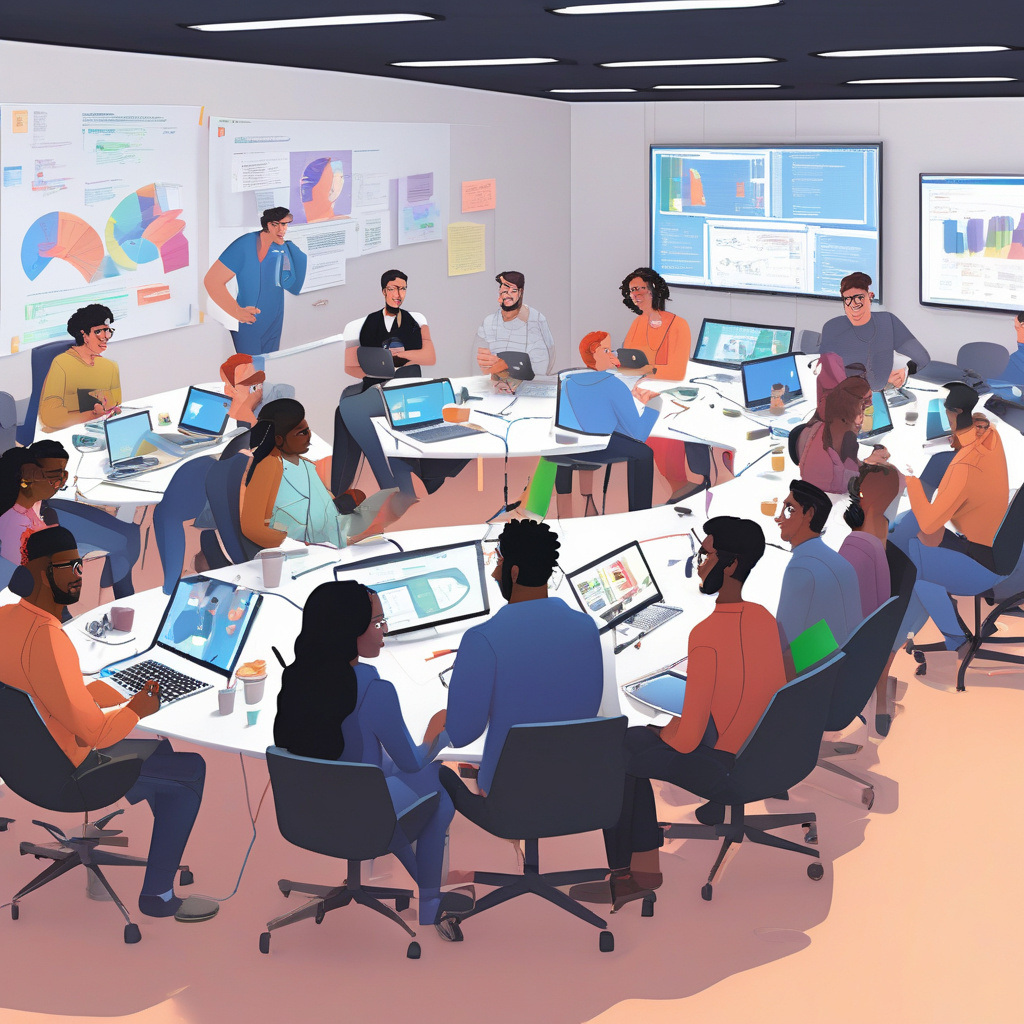In the realm of microservices, achieving developer autonomy while scaling API independence is a paramount goal. At QCon London 2025, Tom Akehurst illuminated a transformative path toward this objective with his insightful presentation on “Scaling API Independence.” This session underscored the pivotal role of advanced mocking, contract testing, and observability in empowering developers to break free from cumbersome API dependencies.
Mocking, a technique to simulate the behavior of external components, plays a crucial role in decoupling services during development and testing. By creating mock objects that mimic the responses of APIs, developers can work independently, accelerating the iteration process and fostering quicker feedback loops. This approach not only enhances efficiency but also minimizes bottlenecks caused by interdependent services, enabling teams to progress swiftly and autonomously.
Contract testing, another cornerstone of Akehurst’s strategy, serves as a mechanism to validate the interactions between services based on predefined contracts. By verifying that each service adheres to the specified contract, teams can ensure seamless integration and prevent regressions. This proactive approach to testing promotes reliability and consistency across microservices, establishing a solid foundation for scalable and resilient systems.
Moreover, observability emerges as a linchpin in maintaining control and visibility within complex microservices architectures. By implementing robust monitoring, logging, and tracing mechanisms, developers can gain valuable insights into the performance and behavior of their services. This heightened observability not only facilitates troubleshooting and debugging but also enables proactive decision-making, ultimately bolstering the overall reliability and resilience of the ecosystem.
Akehurst’s advocacy for leveraging AI to augment these practices underscores the transformative potential of artificial intelligence in streamlining development workflows. By harnessing AI-driven tools for automated testing, anomaly detection, and performance optimization, teams can elevate their productivity, enhance quality assurance, and fortify their confidence in integrations. This fusion of human expertise with machine intelligence propels developers towards greater autonomy and efficiency in navigating the intricate landscape of microservices.
In essence, embracing advanced mocking, contract testing, observability, and AI-powered solutions paves the way for developers to untangle the web of API dependencies and forge a path to autonomy in microservices. By adopting these strategies, teams can cultivate a culture of innovation, collaboration, and agility, driving continuous improvement and delivering value with confidence in a rapidly evolving digital landscape. Akehurst’s insights serve as a guiding light for developers seeking to thrive in the dynamic world of microservices, empowering them to embrace change, conquer complexity, and chart a course towards sustainable success.

